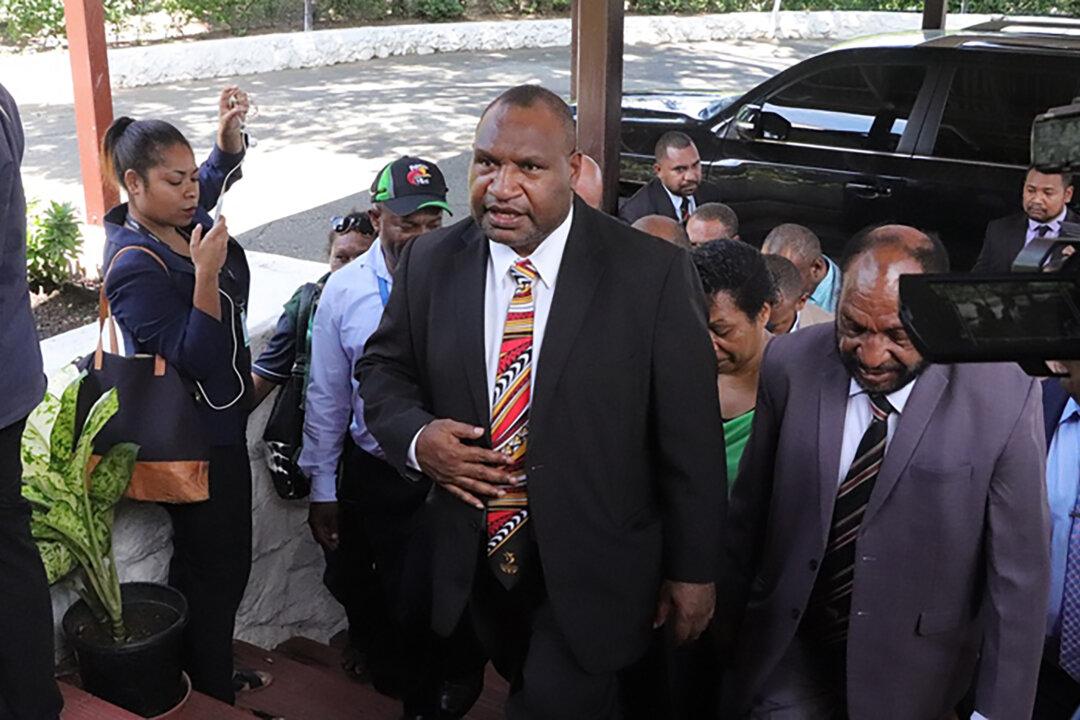Papua New Guinea (PNG) is seeing one of its worst outbreaks of the CCP virus after cases of COVID-19 exploded, forcing the island to call for aid from Australia.
The Controller of the PNG COVID-19 National Pandemic Response and Police Commissioner David Manning said on March 21 that PNG had seen the number of cases of COVID-19 rise to over 3,000 in the country in just over a month.




